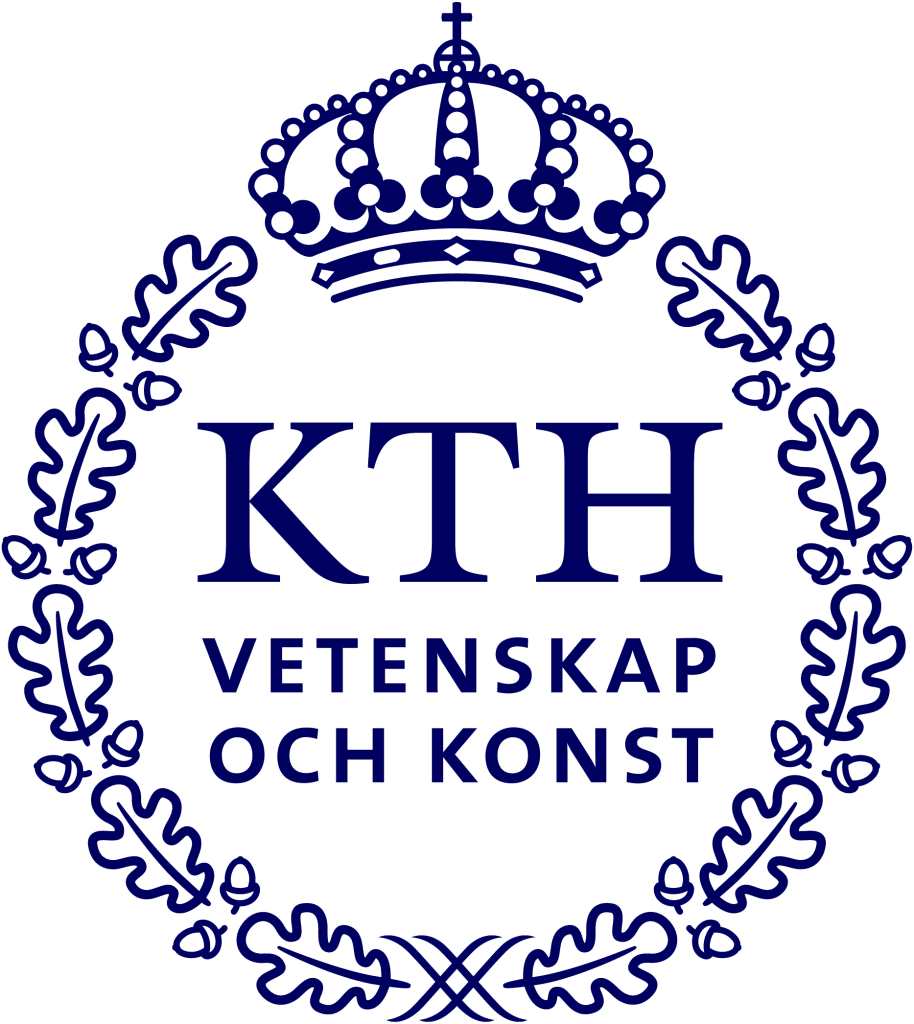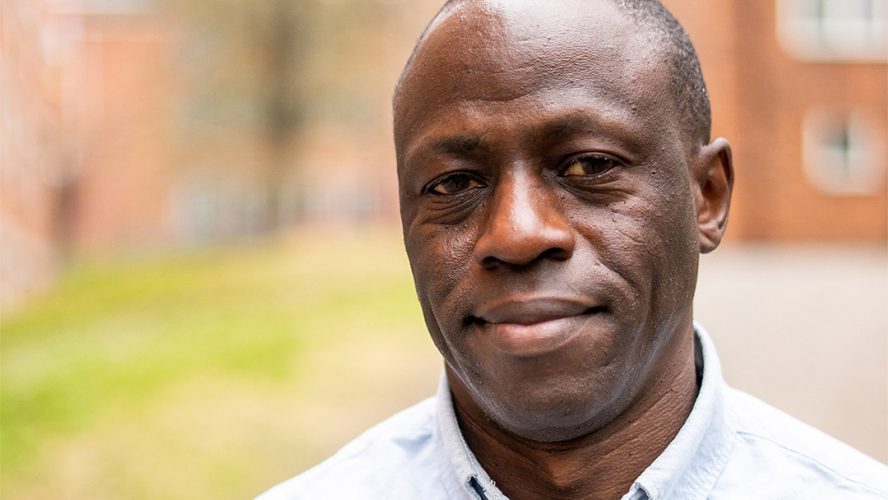Martin Lawoko has already started his own research group and the idea is for it to grow. The group’s focus is on the broad perspective and how the research can contribute to achieving the UN’s climate goals.
– My research is about fractionating molecules from biomass in order to then be able to make bio-based materials. Here I want to focus on basic research on the properties of the materials that are synthesized, and how they relate to the properties of the molecules, says Martin Lawoko.
Collaborations, such as within the Wallenberg Wood Science Center is an important factor to reach sustainability according to Martin.
– There are many professors on the materials side who I collaborate with. It is through these collaborations that we will address and achieve the sustainability goals.
He also emphasizes that research must be anchored into education and that the educational material should be updated to reflect the sustainability goals; so that the education reflects today’s problems and challenges and the students gain deeper insights into the situation.
– A lot is happening now and it requires that the courses are constantly updated. It is not easy, but you have to invest in it. It is a challenge that I look forward to working with, says Martin.
Martin Lawoko is already thinking globally. He has been granted a three months’ sabbatical to go to a university in Uganda and initiate future collaboration on both research and education.
– One of my goals is to improve education and research in developing countries. I think it is important to achieve the climate goals. That you expand your outreach to people and educate on how to handle the issue. Then it is important to help countries that lack resources.
The article is based on a longer interview with Martin Lawoko by Jon Lindhe, KTH. Read the full interview here.
Find contact information to Martin Lawoko at wwsc.se >>





